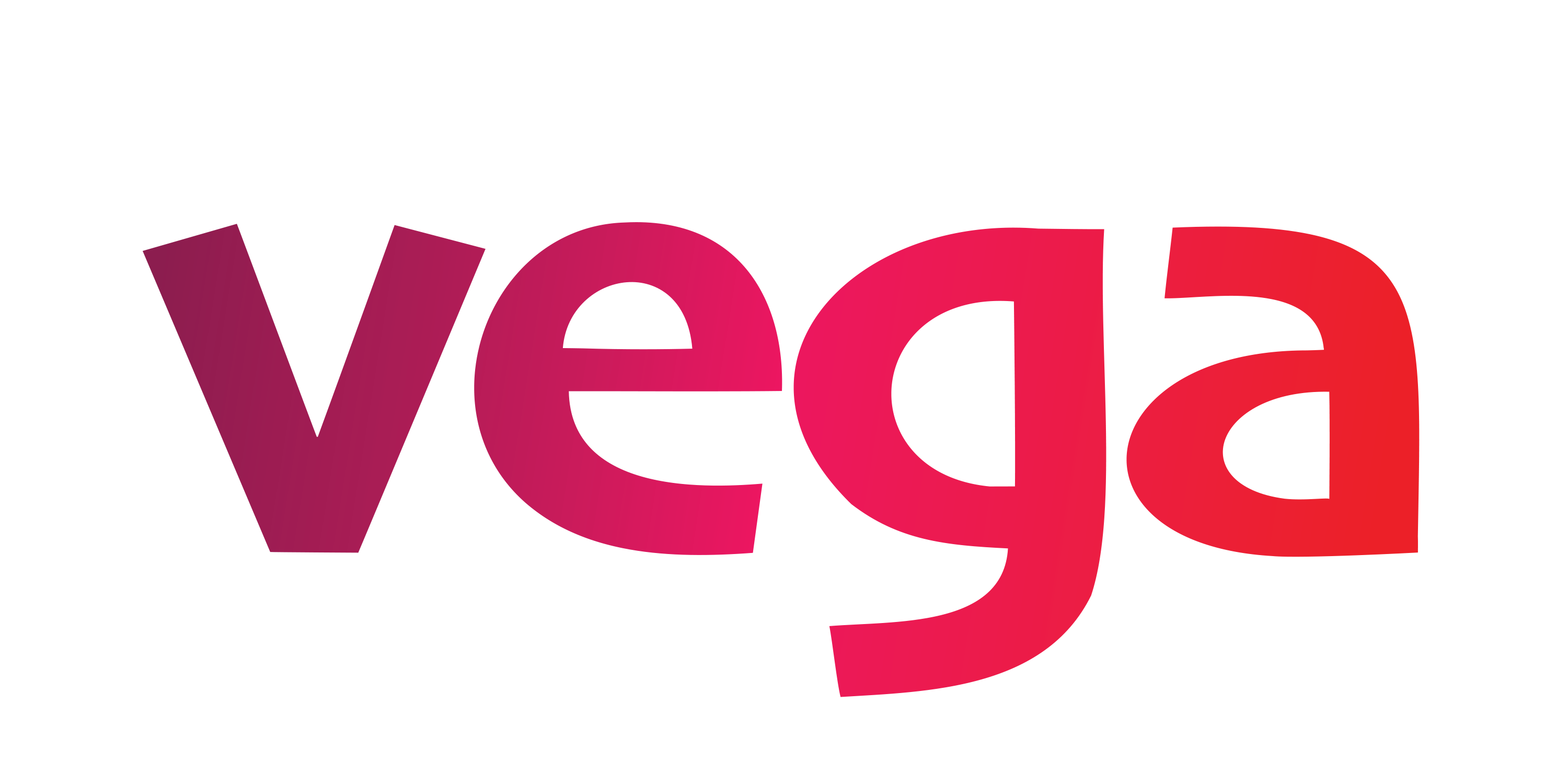Whether you believe that we’re going to hit a recession in 2023, the overall trends happening in the economy are real…
Things have been getting… and are going to get… more expensive.
In 2022, we have seen record inflation and everything that we spend our money on has risen in price.
This is picked to continue in 2023.
So – what can we do about it…?
Unfortunately, we have no control over the price of petrol, groceries or interest rates.
What we do have control over is HOW we spend our money, WHERE we spend our money and the preparation we put into planning our budgets, planning what we eat, how we travel and the amount of money we spend in the others areas of our lives.
However you choose to do make your budget, whether it’s with pen and paper, on an app or in a spreadsheet, make sure to do it – and keep on doing it on a regular basis.
Budgets can be used in two ways – the first is to see what has happened in the past, the second is to plan for action in the future.
By setting up regular budget reviewing and planning sessions, you will be able to get a better understanding of what has happened and be better prepared for what is about to happen.
By having your budget meetings more regularly, you mitigate against losing focus and getting lazy.
From those planning sessions, you should have some real actionable points to follow for the following weeks or months covering the following topics…
- Meal Planning…
- Food budgets.
- Doing one supermarket shop for everything.
- Making your lunches at home.
- Finding cheaper sources for the food that you like to eat.
- Understanding what the expensive supermarket items are and cutting them out or finding replacements.
- Committing to not spending anything on coffees, bought lunches/morning teas etc.
- Replacing expensive meat with vegetarian meals once/twice per week.
- Travel Planning… How to reduce the use of vehicles…
- Can you operate with one car for the household?
- Ride sharing.
- Working from home.
- Alternative public transport options.
- Biking to work, school, gym, sports etc.
- Alcohol, Entertainment, Subscriptions…
- Do you REALLY need…
- 3 streaming services??
- to go out every Friday and Saturday??
- to have a few beers/wines at home every night??
- That 24 pack or those bottles of wine??
- What are your alternatives?
- Do you REALLY need…
- Short Term Debt…
- Can you pay this off now or quicker?
- Can you consolidate it to make the repayments cheaper?
- Can you sell something to get rid of it?
- Mortgage*
- Can you refinance to bring the repayments down?
- Can you increase the term to bring repayments down?
- Insurance*
- Conduct a review to…
- Make sure your cover is right for your situation.
- Make sure you are getting the best covers.
- Make sure you are getting the best prices.
- Conduct a review to…
- Student Loan
- Are you able to pay this off now?
- Paying this off will add 12% to your gross income every week.
- Are you able to pay this off now?
- KiwiSaver*
- Are you contributing more than 3%?
- By reducing your contributions to KiwiSaver, that money is left in your take home pay for you to use in your weekly budget.
- Are you contributing more than 3%?
- Pocket Money
- Give yourself pocket money in cash for the week.
- Once it’s gone – wait until the next week to give yourself more.
- Give yourself pocket money in cash for the week.
*There are long term considerations to be aware of for these actions. Consult your adviser and make sure you know the full consequences before taking any action.
Tim Oliver is a Financial Adviser and director of First Mortgages NZ Ltd and Oliver Financial Planning Ltd. The information provided in this article is general in nature and is not intended to constitute advice to any person.

